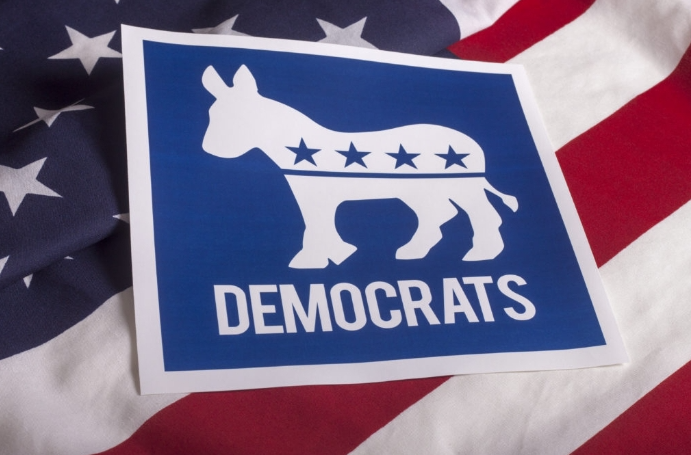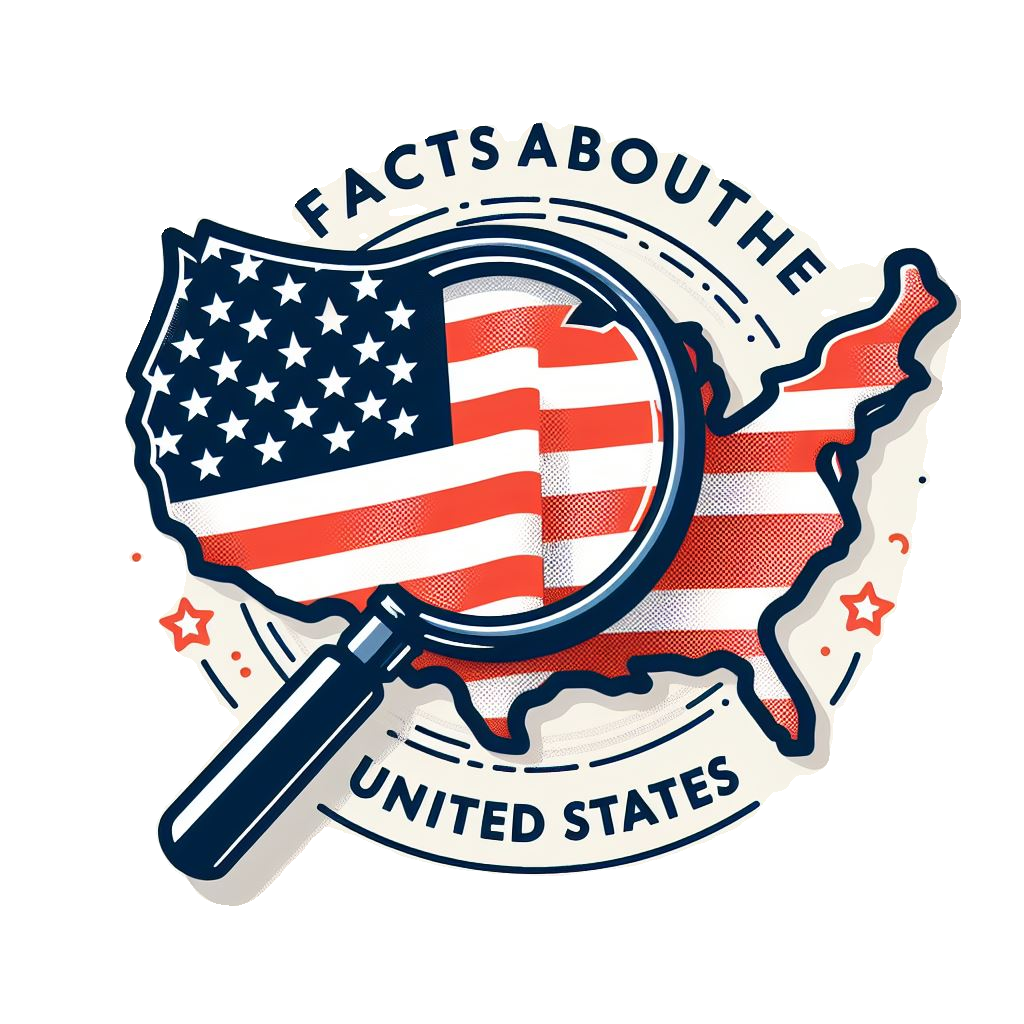The Democratic Party: A Brief History

The Democratic Party is one of the two major political parties in the United States of America, and the nation’s oldest existing political party. It has a long and diverse history, spanning from the early days of the republic to the present day. In this article, we will explore the origins, evolution, and accomplishments of the Democratic Party, and how it has shaped American politics and society.
Origins and Evolution of the Democratic Party
The Democratic Party traces its roots to the Democratic-Republican Party, which was founded by Thomas Jefferson and James Madison in the 1790s as an opposition faction to the Federalist Party, which favored a strong central government and a national banking system. The Democratic-Republicans advocated for states’ rights, individual liberties, and limited government.
In the 1820s, the Democratic-Republican Party split into two factions: the National Republicans, who supported John Quincy Adams and Henry Clay, and the Democrats, who supported Andrew Jackson and Martin Van Buren. Jackson, a war hero and a populist, won the presidency in 1828 and 1832, and became the leader of the new Democratic Party. He championed the common man, opposed the Bank of the United States, and expanded the power of the executive branch.
The Democratic Party faced a major challenge in the 1850s, when the issue of slavery divided the nation and the party. Southern Democrats favored the expansion of slavery into the new territories, while Northern Democrats supported popular sovereignty, or letting the people of each territory decide for themselves. In the 1860 presidential election, the Democratic Party split into two, nominating John C. Breckinridge in the South and Stephen A. Douglas in the North. This allowed Abraham Lincoln, the candidate of the newly formed Republican Party, to win the election with only 40 percent of the popular vote. The Civil War soon followed, and the Democratic Party became associated with the Confederate cause and the defense of slavery.
After the Civil War, the Democratic Party was dominated by the Solid South, a bloc of states that consistently voted for Democratic candidates in local, state, and national elections. The party opposed the Reconstruction policies of the Republican Party, which aimed to protect the rights of the freed slaves and rebuild the South. The Democratic Party also resisted the civil rights reforms of the late 19th and early 20th centuries, such as the 14th and 15th Amendments, which granted citizenship and voting rights to African Americans.
The Democratic Party began to change its stance on economic and social issues in the early 20th century, under the influence of the Progressive movement and the leadership of Woodrow Wilson and Franklin D. Roosevelt. Wilson, who was elected president in 1912 and 1916, supported progressive reforms such as the income tax, the Federal Reserve System, the antitrust laws, and the women’s suffrage amendment. He also led the nation into World War I and advocated for the League of Nations, a precursor to the United Nations.
Roosevelt, who was elected president in 1932, 1936, 1940, and 1944, transformed the role of the federal government in response to the Great Depression and World War II. He implemented the New Deal, a series of programs and policies that provided relief, recovery, and reform to the American people. He also established Social Security, the minimum wage, the National Labor Relations Act, and other landmark legislations that expanded the welfare state and the rights of workers. He also led the nation into World War II and forged the alliance with Britain and the Soviet Union that defeated Nazi Germany and Japan.
The Democratic Party continued to embrace the legacy of the New Deal and the welfare state in the postwar era, under the presidencies of Harry S. Truman, John F. Kennedy, and Lyndon B. Johnson. Truman, who succeeded Roosevelt in 1945, supported the Marshall Plan, the NATO alliance, the Truman Doctrine, and the containment policy that shaped the Cold War. He also desegregated the armed forces and supported civil rights legislation. Kennedy, who was elected president in 1960, inspired the nation with his vision of a New Frontier, which included the Peace Corps, the space program, and the Alliance for Progress. He also confronted the Cuban Missile Crisis, supported the civil rights movement, and initiated the Vietnam War. Johnson, who succeeded Kennedy in 1963, launched the Great Society, a series of programs and policies that aimed to eliminate poverty and racial injustice. He also signed the Civil Rights Act of 1964, the Voting Rights Act of 1965, the Medicare and Medicaid programs, and other landmark legislations that expanded the role of the federal government in education, health care, and environmental protection. He also escalated the Vietnam War, which became a source of controversy and division in the nation and the party.
The Democratic Party faced a series of challenges and setbacks in the late 20th and early 21st centuries, as the Republican Party gained ground in presidential and congressional elections, and as the nation faced economic, social, and security issues. The Democratic Party lost the presidency in 1968, 1972, 1980, 1984, 1988, 2000, and 2004, and the Congress in 1994, 2002, 2010, and 2014. The party also struggled to balance the interests and demands of its diverse constituencies, such as labor unions, minorities, women, environmentalists, and liberals. The party also faced internal divisions over issues such as the Vietnam War, the Watergate scandal, the Iran hostage crisis, the Gulf War, the Iraq War, the War on Terror, and the Affordable Care Act.
The Democratic Party also achieved some successes and victories in the late 20th and early 21st centuries, under the presidencies of Jimmy Carter, Bill Clinton, and Barack Obama. Carter, who was elected president in 1976, brokered the Camp David Accords, a peace treaty between Egypt and Israel, and established diplomatic relations with China. He also championed human rights, environmental protection, and energy conservation. Clinton, who was elected president in 1992 and 1996, presided over a period of economic growth, budget surpluses, and welfare reform. He also supported free trade, gun control, health care reform, and the expansion of NATO. Obama, who was elected president in 2008 and 2012, became the first African American president in U.S. history. He also enacted the Affordable Care Act, or Obamacare, which expanded health care coverage to millions of Americans. He also ended the Iraq War, ordered the killing of Osama bin Laden, negotiated the Iran nuclear deal, and restored diplomatic relations with Cuba.
Major Achievements of the Democratic Party
The Democratic Party has played a significant role in shaping the history and society of the United States, through its policies, programs, and legislations. Some of the major achievements of the Democratic Party are:
- The 19th Amendment, which gave women the right to vote in 1920.
- The New Deal, which provided relief, recovery, and reform to the American people during the Great Depression in the 1930s.
- The Social Security Act, which established a system of retirement benefits, disability insurance, and unemployment compensation in 1935.
- The Fair Labor Standards Act, which established the minimum wage, overtime pay, and child labor laws in 1938.
- The G.I. Bill, which provided educational and economic benefits to veterans of World War II in 1944.
- The United Nations, which was founded in 1945 with the U.S. as a leading member and a permanent seat on the Security Council.
- The Marshall Plan, which provided economic aid to the war-torn countries of Europe in 1948.
- The NATO alliance, which was formed in 1949 as a collective defense pact against the Soviet threat.
- The Truman Doctrine, which stated that the U.S. would support free peoples who are resisting communist aggression in 1947.
- The desegregation of the armed forces, which was ordered by President Truman in 1948.
- The Civil Rights Act of 1964, which outlawed discrimination based on race, color, religion, sex, or national origin in public accommodations, employment, education, and voting.
- The Voting Rights Act of 1965, which banned literacy tests and other barriers to voting for African Americans and other minorities.
- The Medicare and Medicaid programs, which provided health care coverage to the elderly and the poor in 1965.
- The Peace Corps, which was established in 1961 to send American volunteers to developing countries to promote peace and friendship.
- The Apollo program, which landed the first humans on the moon in 1969.
- The Environmental Protection Agency, which was created in 1970 to protect human health and the environment.
- The Endangered Species Act, which was passed in 1973 to conserve and protect threatened and endangered plants and animals and their habitats.
- The Camp David Accords, which were signed in 1978 by Egypt and Israel, ending decades of conflict and leading to a peace treaty.
- The NAFTA agreement, which was signed in 1993 by the U.S., Canada, and Mexico, creating a free trade zone in North America.
- The Brady Bill, which was passed in 1993, requiring background checks for handgun purchases.
- The Family and Medical Leave Act, which was passed in 1993, granting workers up to 12 weeks of unpaid leave for family or medical reasons.
- The Affordable Care Act, or Obamacare, which was passed in 2010, providing health care coverage to millions of Americans who were uninsured or underinsured, and introducing reforms to the health care system.
- The killing of Osama bin Laden, which was ordered by President Obama in 2011, ending the decade-long hunt for the mastermind of the 9/11 attacks.
- The Iran nuclear deal, which was negotiated by the U.S. and other world powers in 2015, limiting Iran’s nuclear program in exchange for sanctions relief.
- The Paris Agreement, which was signed by the U.S. and nearly 200 other countries in 2015, committing to reduce greenhouse gas emissions and combat climate change.
- The legalization of same-sex marriage, which was achieved by a Supreme Court ruling in 2015, granting equal rights and recognition to gay and lesbian couples.
Conclusion
The Democratic Party is a major political force in the United States, with a rich and varied history and a diverse and loyal base. The party has been instrumental in advancing the causes of democracy, liberty, equality, justice, and progress in the nation and the world. The party has also faced many challenges and controversies, and has adapted and evolved over time to meet the changing needs and demands of the American people. The party continues to strive for its ideals and values, and to represent the interests and aspirations of its supporters.
